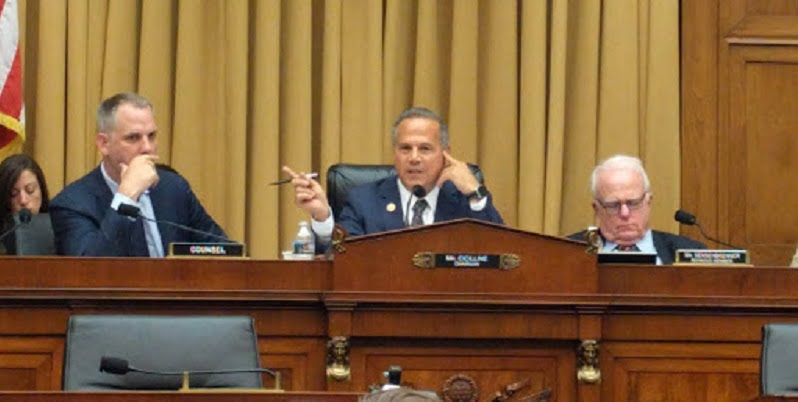
August 09, 2021
Data Catalyst Institute Analysis of the House Judiciary Committee Tech Antitrust Legislation and Report Card on ‘Populist Antitrust’
The Data Catalyst Institute (DCI) works to support stakeholders and policymakers as they undertake the important and difficult work of enacting sound, operational public policy governing the use of data by and for consumers and data-focused enterprises. To celebrate good policy and identify challenges of many proposals, DCI considers and reports on regulatory and legislative proposals.
On June 24, 2021, the House Judiciary Committee approved several bills that, individually and collectively, are intended to “enhance antitrust enforcement and restore competition online”:
- Ending Platform Monopolies Act
- American Choice and Innovation Online Act
- Platform Competition and Opportunity Act of 2021
- Augmenting Compatibility and Competition by Enabling Service Switching (ACCESS) Act of 2021
We appreciate the Committee’s goals, but this so-called “Populist Antitrust” (also known as “Hipster Antitrust”) legislation is broadly written and would have many unintended consequences. We are particularly concerned with the bills’ impacts on small businesses. In this memo, we briefly outline our concerns with each bill and then present our Report Card for Populist Antitrust.
Keeping pace with shifting markets and regulating technologies before they do harm is an admirable goal. DCI supports well-intentioned policymakers working for their constituencies, and we recognize that the Judiciary Committee’s antitrust legislation is rooted in good intention. But these bills – H.R. 3825, H.R. 3816, H.R. 3826, and H.R. 3849 – as approved by the Committee, will detrimentally and severely impact not only major tech companies, but also the small businesses that leverage “big tech” services to operate and grow, and consumers.
The Data Catalyst Institute strongly recommends that Members of the House of Representatives reconsider the Judiciary Committee’s antitrust legislation, and, at a minimum, address the downstream implications on America’s small businesses before moving forward.
Further analysis can be found here.

